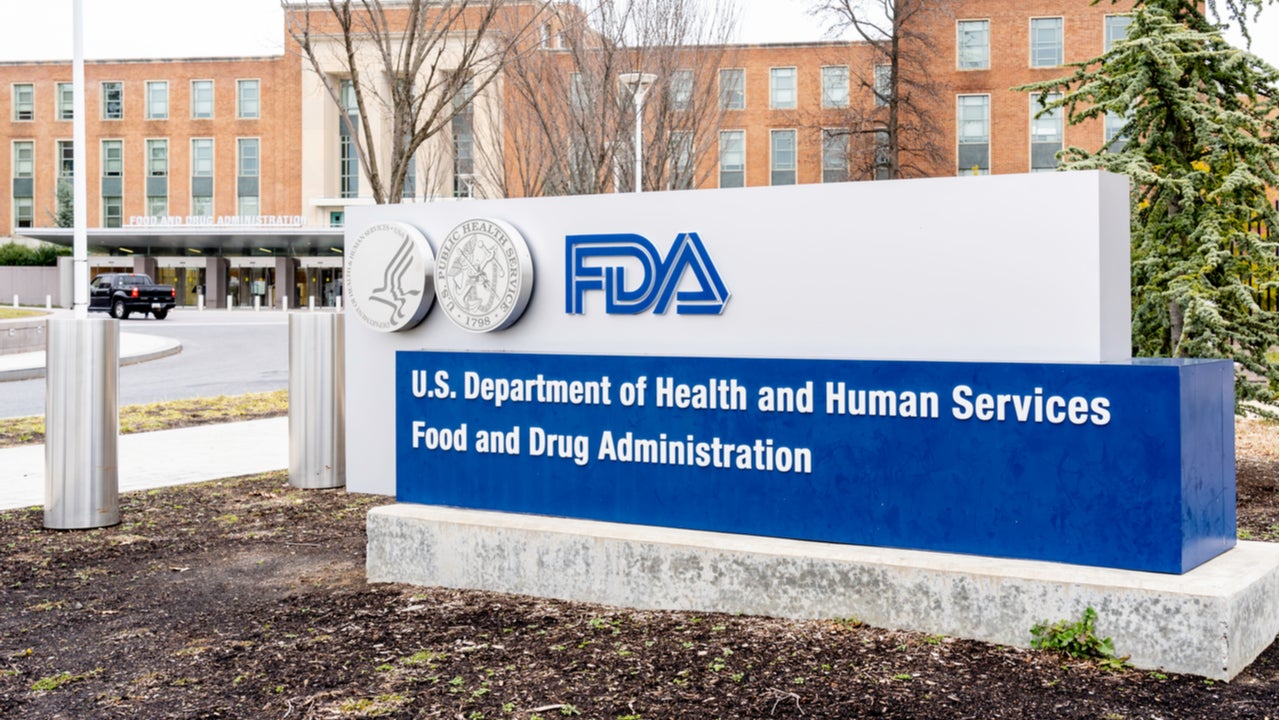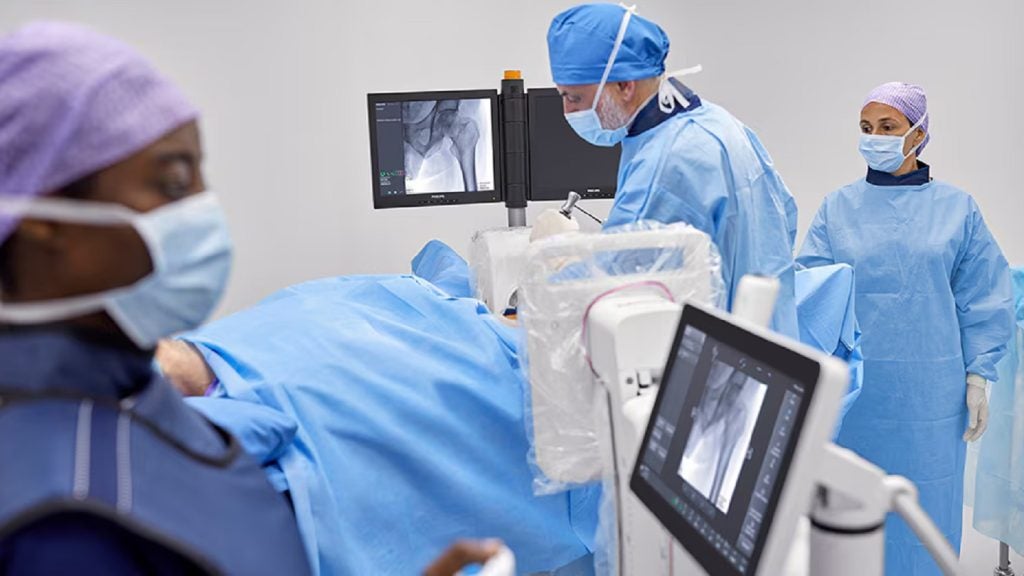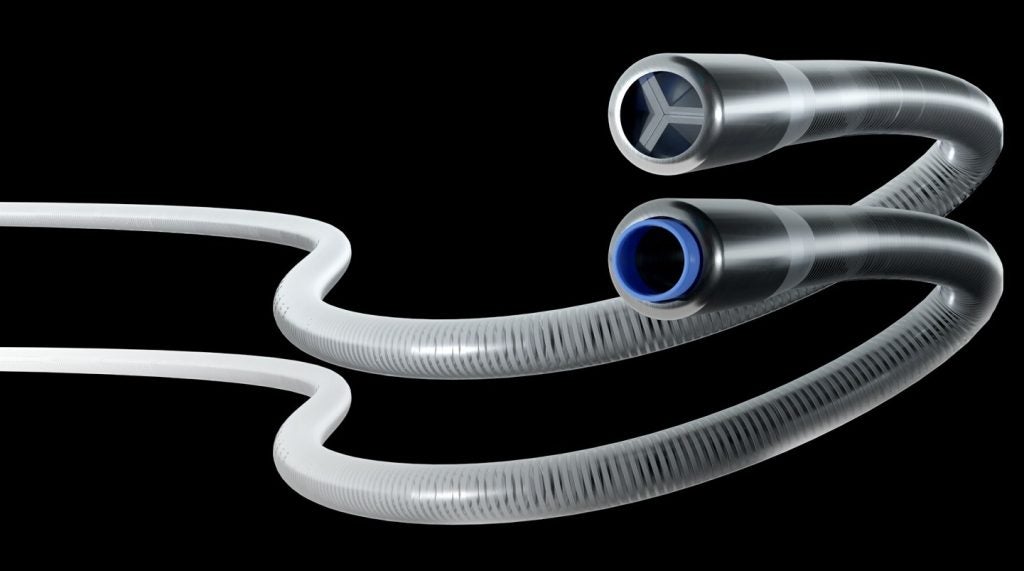
US legal experts have warned that Emergency Use Authorization (EUA) requirements from the US Food and Drug Administration (FDA) may become tighter.
A blog post published by Hyman, Phelps & McNamara lawyer Jeffrey Shapiro has noted that the US Center for Devices and Radiological Health (CDRH) appears to be taking steps to shed parts of its EUA caseload.
An EUA can only be issued if a product may be effective in diagnosing, treating or preventing disease, the known or potential benefits outweigh the known risks, and there is no adequate, approved or available alternative.
CDRH is increasingly declining to review EUA requests and terminating pending EUAs, on the basis that a particular EUA is not high priority or that there are already adequate supplies available on the market.
Diagnostic devices have been particularly hard hit, with the CDRH terminating pending EUA’s and declining to accept new ones for antibody serology devices for Covid-19. Key FDA figures have recently admitted that the agency’s policy of allowing antibody tests to come to market without regulatory review in the early months of the pandemic was flawed.
Polymerase chain reaction (PCR) tests may still receive EUA if they have point of care indications, but CDRH has deprioritised some tests on the ground that they were only indicated for laboratory use.
How well do you really know your competitors?
Access the most comprehensive Company Profiles on the market, powered by GlobalData. Save hours of research. Gain competitive edge.

Thank you!
Your download email will arrive shortly
Not ready to buy yet? Download a free sample
We are confident about the unique quality of our Company Profiles. However, we want you to make the most beneficial decision for your business, so we offer a free sample that you can download by submitting the below form
By GlobalDataShapiro said: “If firms are considering pursuit of an EUA, they should be wary. To avoid wasting money, firms need to assess the deprioritisation risk carefully.
“Of course, it is not that easy to assess this risk, especially when FDA institutes deprioritization based on changing market conditions. Also, not all product categories are treated the same way. In some, CDRH may suddenly simply stop accepting new EUAs. In other categories, CDRH may be skeptical but still be willing to authorize a product. For instance, in some cases, they may be willing to review an EUA if (and only if) a manufacturer has the capability to produce in high volume or for a non-laboratory setting.”
Last year saw 132 novel devices authorised by the FDA, compared to only 71 in 2019. Several of these came from the 625 EUAs issued as a result of the Covid-19 pandemic, including the first diagnostic pooing, asymptomatic, and point-of-care tests.
In light of continuing deprioritisation, Shapiro said: “CDRH could help everyone better assess deprioritization risk by creating a public database of deprioritized product categories, with designations as to whether they are entirely or only partially subject to deprioritization.
“If not a database, CDRH could perhaps at least provide prioritization updates on their EUA FAQ web page. This increased transparency would help firms better align themselves to CDRH’s priorities.





